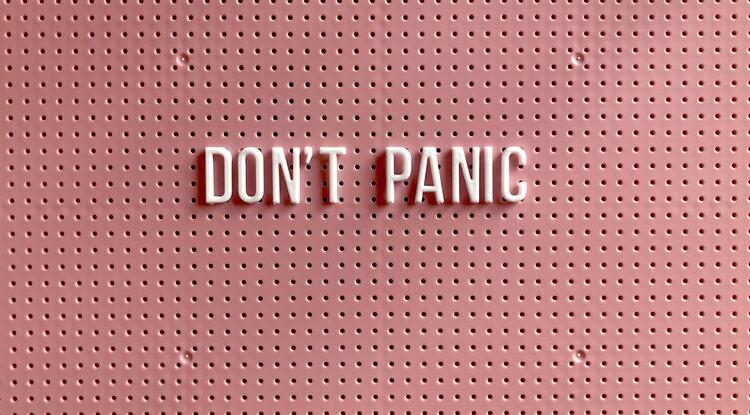-

What To Do If Your Child Starts Using Drugs: 7 Tips for Hard Conversations
- Sep 17, 2020
- Mikayla Hellwich
-
1. Take a few slow, deep breaths. Now take five more.
If you’re reading this because you just found drugs in your child’s backpack or bedroom, you’re probably feeling a range of emotions: fear, anxiety, anger, self-doubt, sadness, or disappointment. Your feelings are understandable, but do not let them fuel the conversation with your child. Try writing down how you’re feeling and why, not to share with anyone, but to help you process this jarring experience.
-
2. Don’t get angry at yourself.
Your child’s drug use might have nothing to do with you or your parenting style. There’s also a chance that something you’ve done has contributed to their decision to use drugs. But being angry at yourself isn’t going to fix that.
Don’t obsess over what you may have done. When you talk to your child, you can ask them, but they may not be fully aware of what led to their drug use or whether you have contributed to it. They might also be afraid to be honest with you out of fear of punishment or fear of hurting your feelings. Drug Education Consulting’s private coaching sessions and workshop program can help you identify factors that lead to your child’s drug use, factors that might be hard to see from the inside.
-
3. Pull them close, don’t push them away.
Young people use drugs when they are bored, lonely, depressed, anxious, or traumatized. They also use drugs out of curiosity, to have fun, and simply to fit in. Until you can determine your child’s reason(s) for using drugs, you will be unable to have a productive conversation.
Drug use is a health issue, but the legal system treats it as a criminal problem. Because generations of Americans have lived under drug war policies, many of us have internalized the false notion that drug use is a moral failing that can only be corrected with punishment. Do not succumb to it. Punishment is not likely to make your child safer, and it is not likely to stop their drug use; in fact, punishing them may exacerbate issues that contributed to their drug use in the first place. If they are already feeling isolated and disconnected, punishing them will only worsen the problem.
-
4. Talk to someone.
If you’re not sure where else to turn, we can assist you by assessing the greatest threats to your child’s health and safety, facilitating an ongoing dialogue about drugs, helping you set healthy boundaries, and recommending specific alternatives to punishment that work. You can become your family’s expert - a trustworthy adult that your child seeks for guidance when it matters most - and we can help.
-
5. Talk to your child only after you have calmed down and planned out what you’d like to say and do.
You have the power to de-escalate this situation. If you approach your child with a raised voice, angry tone, or aggressive posture, they may be tempted to match your intensity. This will not help. Unless you believe your child might be at risk for an overdose immediately, it might be best to wait until you’ve had a good night’s sleep. And when you do start the conversation, speak to them with the same love and understanding that you would offer to someone else’s child.
-
6. Have reasonable expectations.
All drug use is risky, but not all drug use is abusive. Most teens (and adults) who experiment with drugs are not "addicted," so signing your child up for rehab unless absolutely necessary will probably backfire. Your child might not want to stop using drugs right away or at all. Drug Education Consulting’s coaching services or workshop program can help you navigate this territory, too.
-
7. Walk and talk.
Walking during difficult conversations can help ease tension. Walking allows all involved to expend nervous energy by moving the body. Having the conversation side-by-side instead of face-to-face also allows you and your child to feel less vulnerable or “attacked” because you’re not making direct eye contact. If walking is not an option for either of you, try the porch, a park bench, or go for a drive and park somewhere that’s familiar and neutral.



